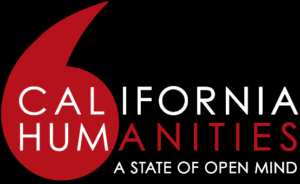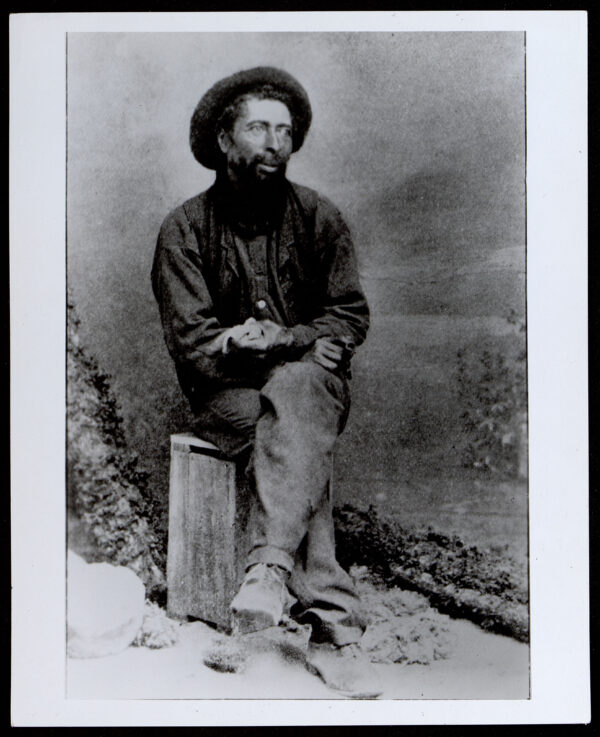NATHANIEL SMITH
Mendocino Coast’s First Known African American Resident
Exhibit: Nathaniel Smith
Runs from March 1 – May 27, 2024
Nathaniel Smith arrived in Mendocino County in the 1850s and is believed to be the first African American to settle on the coast. His life story is revealed through photos, clippings, and artifacts in the Kelley House Museum’s newest exhibit. Smith was at one time “known to every man, woman and child on the coast.” He was known for his wit, good nature, and essential work as a hunter, fisherman, farmer, and ferry operator. When Smith arrived in Mendocino, California passed laws and instituted policies discriminating against African Americans and Native Americans. As his popularity in the region grew, he also endured the racism of some of his neighbors, including the frequent use of a derogatory nickname. Despite the challenges, Smith succeeded in many professions, owned a home and land, and raised a family. This exhibition presents details of Nathaniel Smith’s life set against the history of California’s treatment of people of color. Follow the path of Smith’s life as he moved from his hometown of Baltimore, traveled the world on a ship, and eventually settled and made his life in Mendocino County. We are grateful to guest curator Alexander Wood for his thorough research.
The exhibit will also include collages by Nathaniel Smith’s great-great granddaughter, that were inspired by her family history. Cards made from her collages will be on sale in the museum for $5/each.
April and May Museum hours: Thursday – Monday, 11am – 3pm
$5 suggested donation
Location: 45007 Albion Street, Mendocino, CA 95460
GO FUND ME for Nathaniel Smith’s Gravestone
During the research process, using historic maps from Hillcrest Cemetery in Mendocino, we were able to locate his unmarked grave. As part of restoring Nathaniel Smith’s history to the Mendocino Coast, where he lived most of his life, we are raising funds for his descendants to install a permanent headstone at the gravesite.
This project was made possible with support from California Humanities, a non-profit partner of the National Endowment for the Humanities. Visit calhum.org. Any views, findings, conclusions, or recommendations expressed in this exhibit do not necessarily represent those of the California Humanities or the National Endowment for the Humanities.

